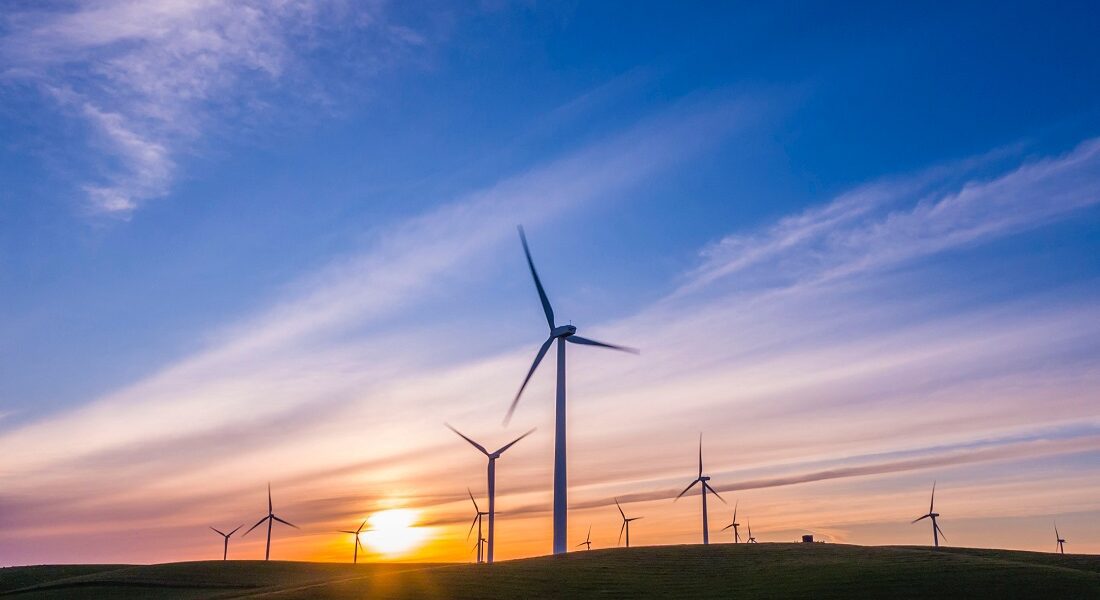
Decarbonization: Achieving Net-Zero Emissions by 2045
Decarbonization involves the reduction and elimination of greenhouse gas (GHG) emissions, encompassing not only carbon dioxide (CO2) but also other GHGs like methane emissions. This broader perspective acknowledges that reducing methane (CH4) leaks, for instance, contributes to the reduction of overall GHG emissions.
The energy sector remains a significant contributor to global GHG emissions, with a historical reliance on carbon-intensive sources such as coal, oil, and gas. Addressing the climate crisis requires a fundamental shift in the energy narrative, and decarbonization plays a key role in this transformative process.
As a global player, ENGIE is committed to achieving carbon neutrality by 2045. This commitment aligns with the Science Based Targets Initiative (SBTi), a framework that ensures a scientifically grounded approach to emission reduction.
“To achieve a low-carbon society, we need to work with all renewable energy sources to ensure the resilience of the energy system and the competitiveness of the European economy” said Sabine Coulon, Head of Carbon Operations at ENGIE – International Supply & Energy Management.
Carbon footprint calculation
The carbon footprint of a product is calculated by considering the GHG emissions throughout the product’s entire lifecycle: from the extraction of raw materials to its end of life.
The entire product lifecycle, including manufacturing, electricity use, operational energy, and recycling, is considered in the decarbonization process. This holistic perspective helps encompassing both direct and indirect emissions.
Your keys to decarbonize
ENGIE’s primary focus in the decarbonization journey, is to help our clients to reduce their GHG emissions.
We collaborate closely with companies and organizations to develop tailored solutions that address environmental challenges and promote sustainable practices.
The following key actions are essential for achieving decarbonization:
Mapping your energy consumption
The first step towards carbon neutrality is to measure your GHG footprint and energy consumption. This is the foundation of our R6 model (your decarbonization journey), guiding clients through their carbon transition journey.
Auditing your carbon footprint enables you to create a roadmap, considering on-site and off-site solutions while carefully weighing costs and investments.
Energy Efficiency
Decarbonization isn’t solely about generating sustainable energy, it’s also about using it wisely. Promoting and implementing energy-efficient equipment and systems reduces overall electricity demand, playing a crucial role in long-term emissions reduction and business decarbonization.
Transition to Renewable Energy
The shift to renewable energy, such as solar, wind and hydro, is one of the key aspects of decarbonization. These sources generate electricity without emitting CO2.
A wide range of decarbonized energy sources can replace your conventional energy consumption. ENGIE will help you choose solar or wind power, biomethane or hydrogen, or other renewable solutions, aligning with your business needs.
Carbon Capture and Storage (CCS)
Carbon capture and storage (CCS) can play a role as decarbonization lever for hard to abate industries and flexible power production. Complementing energy efficiency and renewable, CCS represents an additional technological pathway to achieve a cost-effective and rapid transition towards a low-carbon future.
ENGIE: Leading the way in decarbonization
Industrial decarbonization extends beyond clean energy generation; it is about using energy wisely and facilitating the coexistence of different solutions.
Our commitment to achieving carbon neutrality by 2045 involves collaboration with clients, sharing expertise, reducing carbon emissions in heavy industry, decarbonizing the transport sector, and investing in cleaner technologies. Recent projects with clients such as Lanxess or Bureau Veritas Marine & Offshore underline our proactive efforts in shaping carbon neutrality.
As the world’s number one PPA seller and leading LNG solutions, ENGIE actively shapes the future global carbon economy. Providing our clients and partners with the tools and knowledge for low-carbon transformation is essential to meet the challenges and opportunities of the global carbon economy.
“A successful transition means achieving net zero carbon while ensuring that the cost to citizens and businesses is kept under control, developing a robust and reliable energy system. To achieve this, we are convinced of the need to exploit all levers for decarbonization. The combination of the molecule and the electron is the answer to these challenges on a national and European scale” says Catherine MACGREGOR, Chief Executive Officer of ENGIE.
Interview: Sabine Coulon